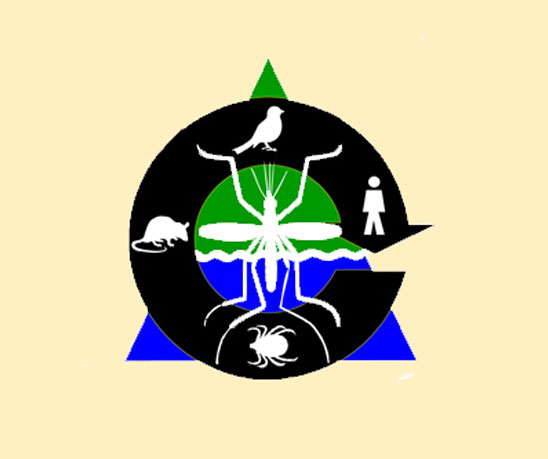+91 832 2222444 / +91 832 2222440
 THE HISTORY SOCIETY FOR VECTOR ECOLOGY
THE HISTORY SOCIETY FOR VECTOR ECOLOGYThe Society for Vector Ecology is a professional organization formed in 1968 by a group of individuals involved in vector biology and control programs in California, USA. The membership has since grown to represent an amalgamation of diverse research and operational and extension personnel from all over the world. The Society is committed to solving many complex problems encountered in the field of vector biology and control. Among these are the suppression of nuisance organisms and disease vectors through integration of control elements, such as environmental management, biological control, public education and appropriate chemical control technology.
The Society publishes the biannual Journal of Vector Ecology that contains research and operational papers covering many phases of vector biology, ecology and control. The Society also distributes a periodic newsletter and holds annual conferences and International Congresses. The Society with its Hqs. in USA, has Brazilian, European and Asian Regions. A new SOVE Indian Region was established with its registered office at ICMR-National Institute of Malaria Research, Field Unit in Goa, India.
The board of the parent SOVE board in their 47th Annual SOVE Conference in Anchorage, Alaska, USA resolved to establish the SOVE Indian Region Chapter. The Society for Vector Ecology, Indian Region was registered on July 27, 2017 under the Indian Societies Registration Act, 1860 (Central Act 21 of 1860).
The overall objectives of the Society are to promote
Encourage and promote research on vectors and vector-borne diseases emphasizing vector / disease ecology, epidemiology and management on a local, regional and national basis
Convene annual meetings, conduct workshops, special meetings and international congresses for the purpose of exchanging information relevant to vectors, vector-borne diseases and vector / disease management
Highlight the results of the scientific publications in the newsletters and provide information on the potential risks of vector-borne diseases to the public
Promote the use of scientific information in conjunction with inter-agency cooperation in the development of vector management programs at the local, state, regional, national and international levels
Provide a forum for continuing education in vector ecology, vector-borne diseases and vector / disease management using principles of applied ecology
Promote collaboration with other related organizations